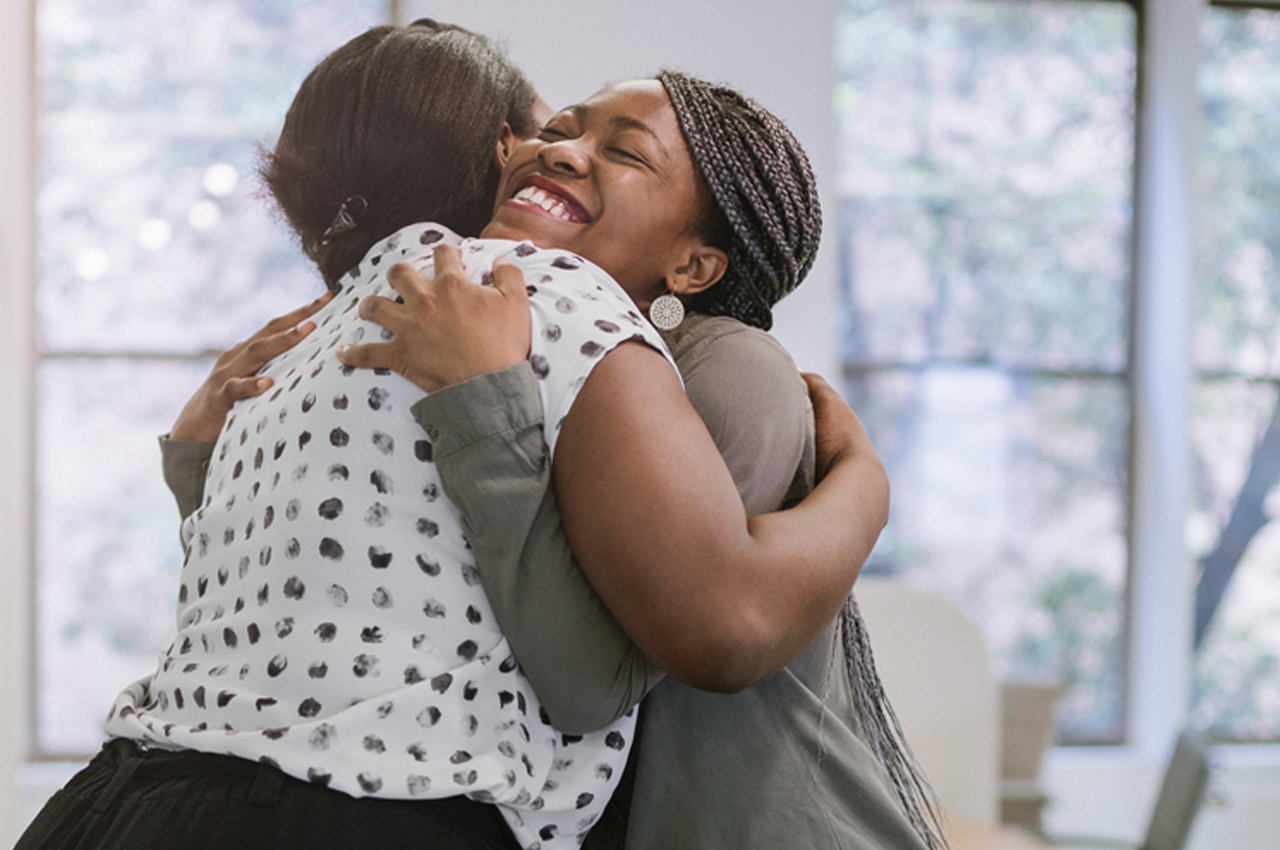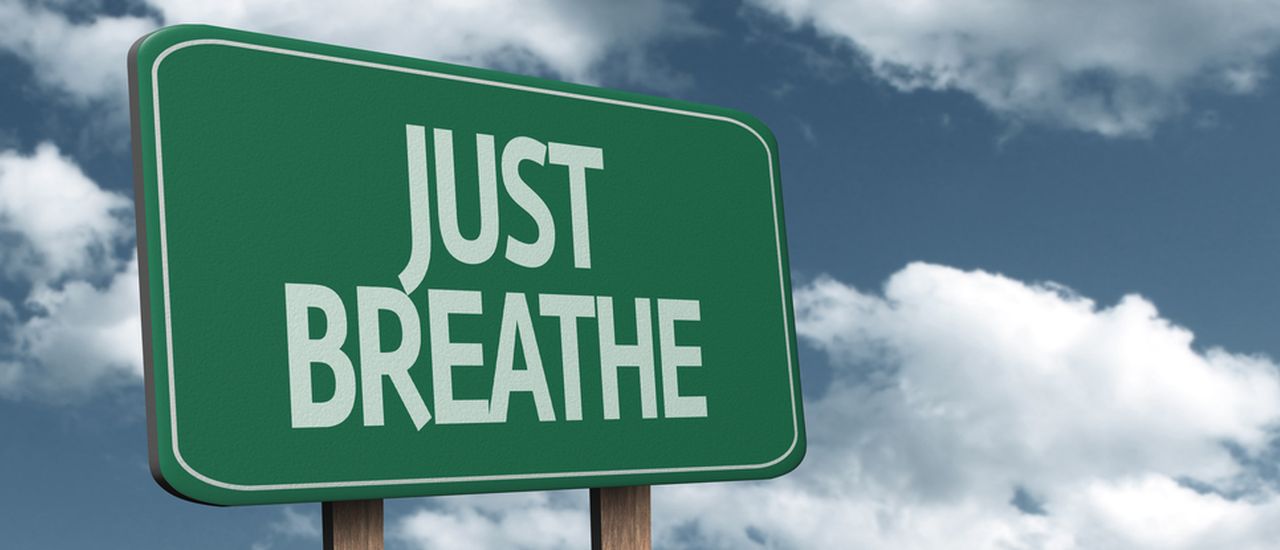This World Mental Health Awareness Month, take time to reconnect with loved ones to improve your mental wellbeing.
If there was ever any doubt that we’re social creatures, COVID-19 gave us the answer. According to the World Health Organisation, due to the pandemic, depression and anxiety rates increased worldwide by 25%, with social isolation and loneliness playing a major role.
So, with World Mental Health Day on 10 October, use this occasion to invest in your wellbeing. Here are some steps you can take to feel more connected; to loved ones, to the wider world and to your own sense of purpose.
Be real
Though it was better than nothing during the pandemic lockdowns, keeping in touch digitally is far less beneficial for mental health than interacting in person. Verbal cues, physical touch and body language all get lost to some degree in the online space, whether it’s a video call or a text.
Focus on increasing your in-person contact instead of relying on the ease of digital tools.
- Set up weekly or even monthly dates with loved ones ahead of time so you can schedule other activities around these when things get busy.
- Meet up in nature for an added mental health boost. Research has shown that being in nature lowers stress levels, which in turn improves mood.
- Join a group exercise class or team sport. You’ll benefit not only from the social interaction, but also the anxiety- and depression-fighting endorphins your body releases during physical activity.
Manage social media
If you fall into a funk after using social media, you’re not alone. There’s a real link between social media use, and depression and anxiety. That’s down to several reasons. Social media leads us to compare ourselves to others (even if their posts are unrealistic), it creates a fear of missing out, and its addictive nature can disrupt natural dopamine pathways in the brain. In fact, cutting down social media use to 10 minutes per day can decrease feelings of loneliness and depression.
- Try limiting the time you spend on social media by using the screen time settings on your phone.
- Pop your phone in a drawer when you get into bed so you won’t spend hours scrolling before going to sleep. People who sleep less than six hours per night are more likely to suffer mental distress than those who get eight hours of shut-eye.
- Switch off social media notifications so you won’t get distracted by alerts.
Find meaning
Feeling connected is not just about being around people, but also about building meaningful connections with them. A sense of belonging is important for the way we feel, possibly because we’re hard-wired to find safety in numbers, say experts.
- When you’re with someone, be present in the moment and focus on them to truly connect. Practising mindfulness in this way can improve mental wellbeing.
- Help others. Altruism has been shown to boost feelings of wellbeing and connectedness. It can also put your own troubles into perspective, making them less daunting.
- Find your tribe. Try doing new activities or hobbies where you might meet like-minded people who share your interests.
It might not happen overnight, but by putting some time and effort into others, you’ll certainly see the benefits too.




